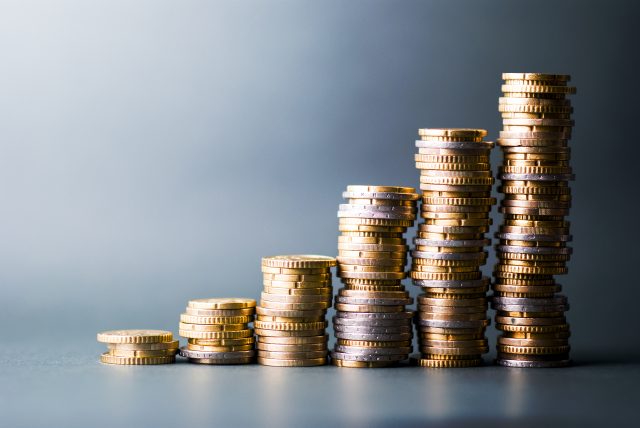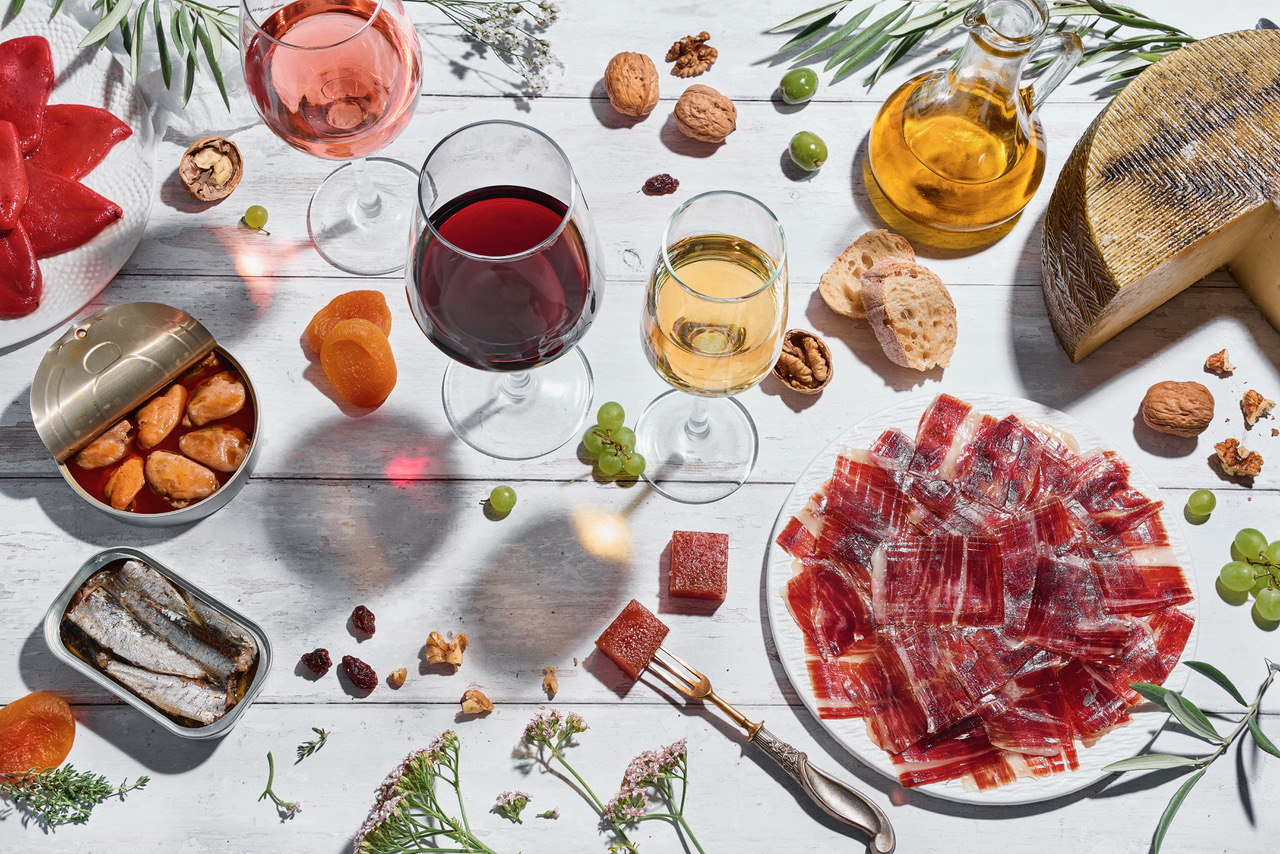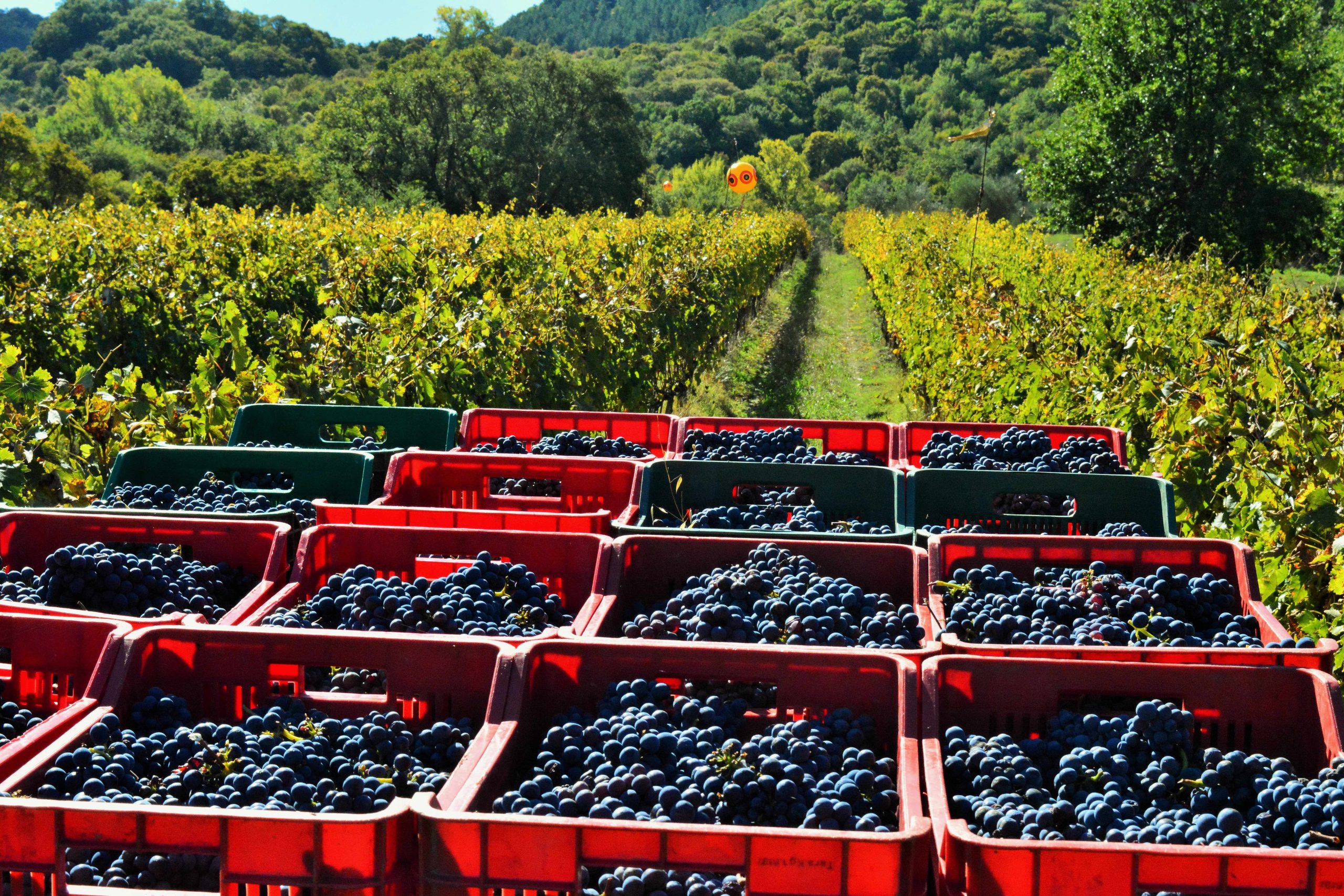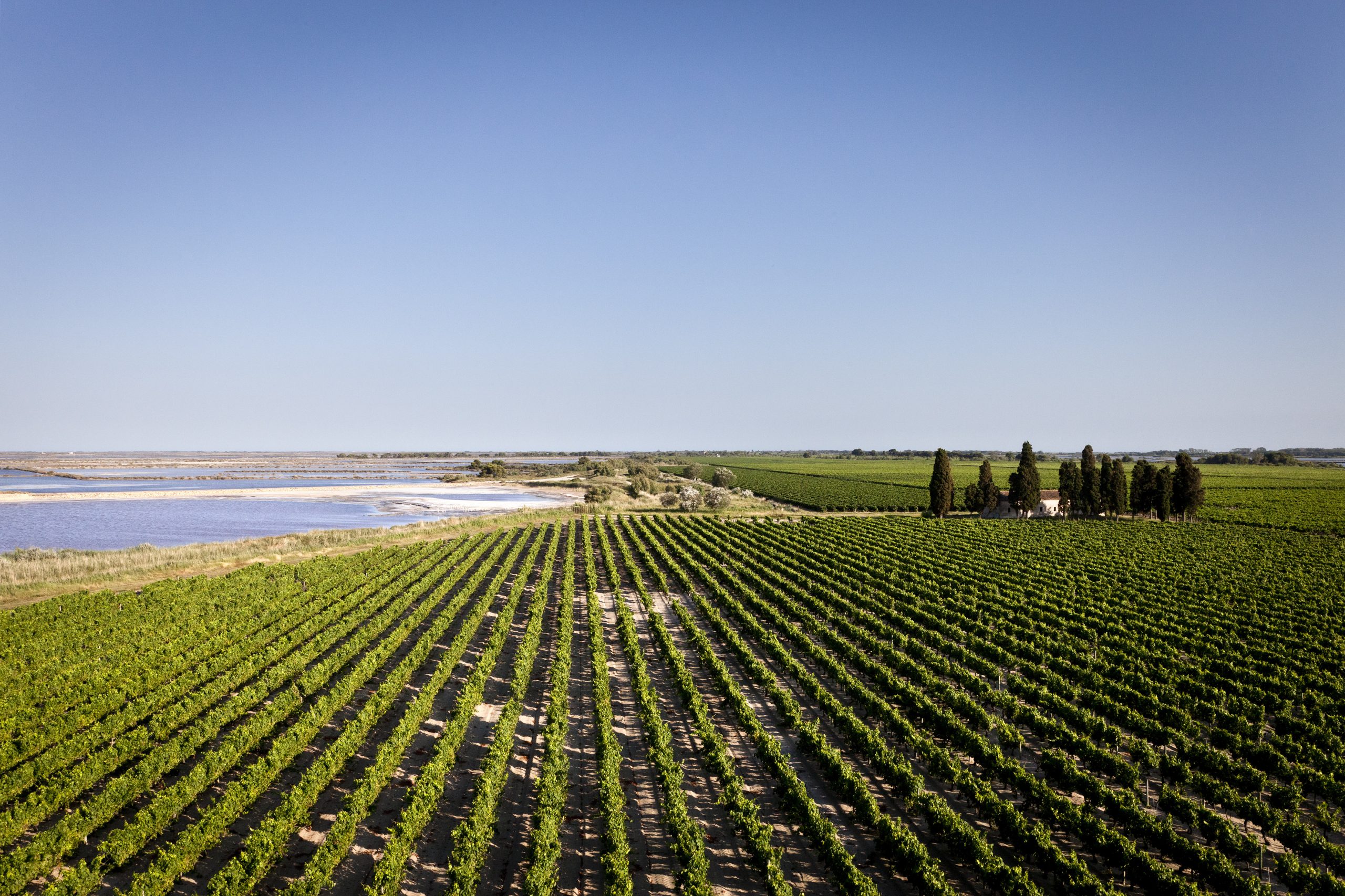Pernod Ricard, Remy Cointreau and Boston Beer reveal mixed bag of results
Three significant companies have reported their results for July to September, with differing stories to tell.

Alexandre Ricard, Pernod Ricard’s chairman and chief executive, was pleased with the French wine and spirits giant’s performance.
It achieved a 20% rise in like-for-like sales to €2.718 billion (£2.3 billion) in the three months from July to September, outstripping market expectations of a 15.7% rise.
Remy Cointreau did even better, forecasting “exceptional” current operating profit growth in the first half of its 2021/2022 fiscal year after its sales rose by a stronger-than-expected 23.7% in the second quarter.
It said it was boosted by strong demand for its premium Cognac in the US, China and Europe.
The latest figures took Remy’s global sales to €645.3m in the first half of its fiscal year, equating to organic growth of 52%. Cognac continued to enjoy particularly buoyant demand in the second quarter (up 26.9%), with the division’s sales up 55.2% since the end of March.
But both the French groups’ figures were in comparison to the same quarter in 2020 in which sales were heavily depressed because much of the world remained in lockdown and swathes of the on-trade were closed.
By contrast, at Boston Beer, president and chief executive, Dave Burwick, was eager to play down a disastrous three months in the hard seltzer market and to point to reasons why his Truly brand, the number two in America, would still prove a winner.
The slowdown of the US hard seltzer market severely hit the July to September quarter’s figures. While it reported third-quarter depletions up by 11% and shipments increased by 11.2% compared to 2020, Boston Beer made a net loss of $139.2mn due to slower -than-anticipated hard seltzer growth.
But Burwick remained upbeat: “While Truly has continued to grow, gain share and solidify its long-term position, the slower category performance has reduced our full-year growth expectations for Truly to be between 20-25% year-over-year, he said.” Originally he had forecast 70% growth.
“The capacity and inventory we had built to take advantage of a higher-growth environment resulted in significant temporary costs this quarter, ” he said.
Partner Content
“Despite the slowdown in category growth, we expect hard seltzers, which represent 11% of total beer dollars year to date, up from 9% during the same period in 2020, will remain a very important segment of the beer market in the future.”
“We’ve been playing to win and have reaped many benefits over the past 18 months. So far this year, Truly has generated 54% of all hard seltzer category growth,” Burwick said.
“In addition, Truly has achieved the second-highest household penetration in all of beer behind only Bud Light and ahead of all its other hard seltzer and beer industry competitors.”
Burwick will have watched his words. Boston Beer and its directors are already subject to multi-million dollar class actions from investors who claim the were misled by previous estimates about hard seltzer growth. The company denies this but will not have wished to give further grounds for legal action.
In the quarter Boston took a $102.4m one-time cost due to the seltzer slowdown, generating a US $58.4m loss for the quarter.
The implication is that Burwick has indulged in “kitchen sink” accounting, putting all the bad news into a single set of figures.
Boston says the outlook is good due to the overall strong performance of its brands and its investments in innovation and line extensions.
Overall shipment volumes in the year to date were 7m barrels, a 29% increase on last year. All lines, including the iconic Samuel Adams beers and Truly – have grown.
While Truly will not now hit the 70% growth target for this year, it is set to grow by 20% in an increasingly crowded sector.
Like Pernod Ricard, Remy Cointreau was circumspect about the coming months, saying it expected its full-year results (due in six months’ time) to show “strong growth”. It refused to quantify, however, that it suggested the impetus was likely to slow in the coming half year.
Related news
Chivas Brothers weathers mixed markets as first half sales fall 5%
Pernod Ricard's half-year sales fall 5.9%
Pernod Ricard probes alleged fake Ballantine’s labels in India warehouse raid




